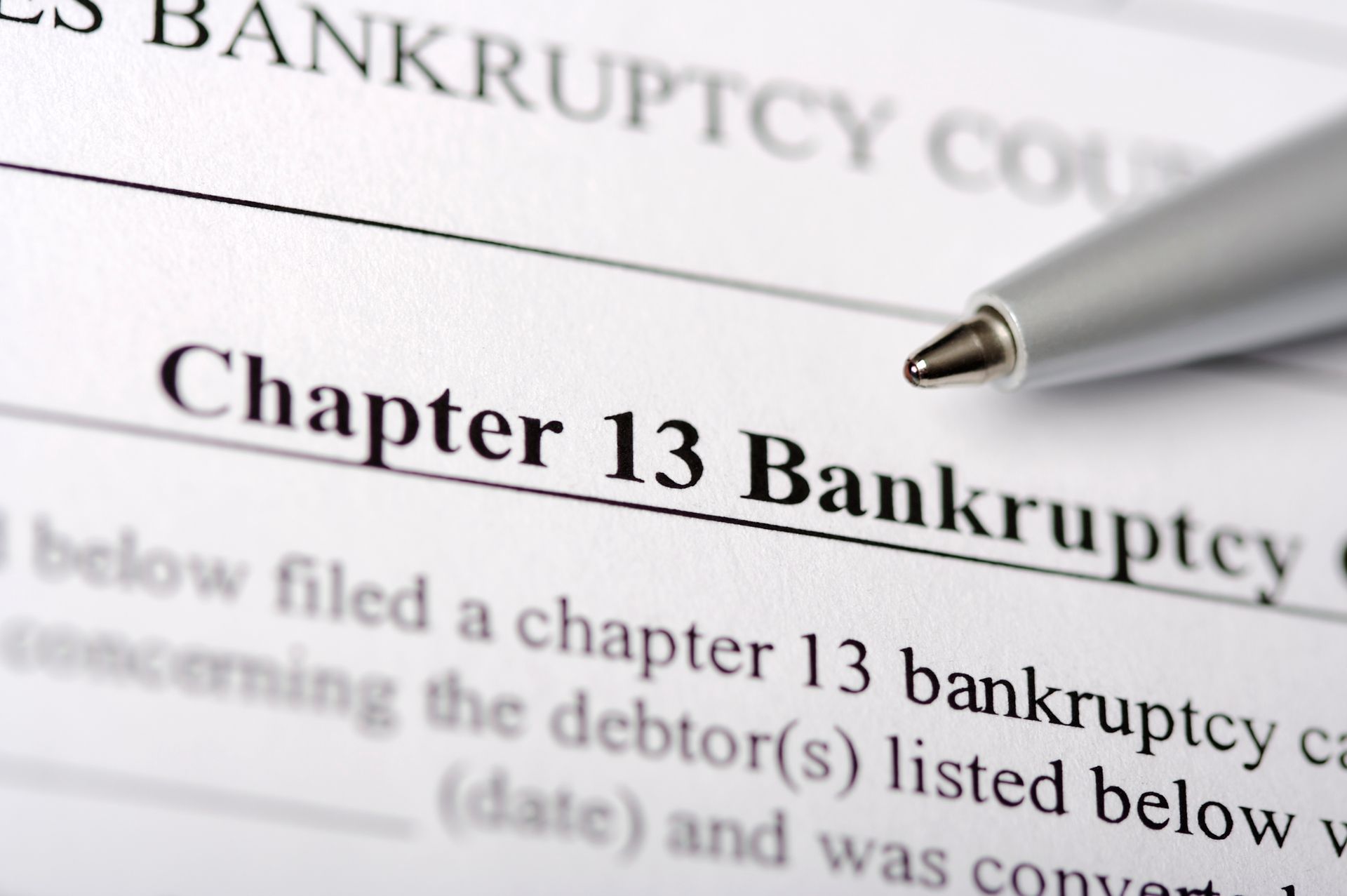Why Our Estate Planning Attorney in Monmouth County is Better than DIYing Your Will

A Google search of “DIY estate planning” will return hundreds of results. Many online tools claim to offer easy, quick, and budget-friendly ways to create wills, power of attorney (POA) documents, medical directives, and even trusts. Many folks turn to these services because they feel more private and appear to be cost saving. However, the one-size-fits-all templates used by these companies offer limited protection and tend to overlook the intricacies inherent to every individual’s specific financial, legal, and personal circumstances. Often, ignoring the complexities of estate law can lead individuals and their loved ones into messy legal and financial territory, or even result in expensive court battles.
We are an estate planning attorney in Monmouth County. At Veitengruber Law, we have expertise that has been earned over years of experience helping individuals and families plan for the future. We have worked with many folks facing the ramifications of DIY estate planning. Here are some of the big reasons why doing your estate planning with an online tool is a bad idea:
1. They don’t account for state-specific laws.
Estate law is not uniform, and each state has unique rules and protocols. These variations can be significant enough that a will that is valid in another state may be invalid in New Jersey. This can cause considerable issues for your loved ones and may prolong, complicate, and increase the cost and stress of the probate process.
When you work with an attorney experienced in estate law specific to your state, you know you are getting the most up-to-date and correct information possible. We can ensure that all your documents are valid and help your heirs avoid legal issues in the future.
2. They do not account for life changes.
Life is constantly changing. Marriage, divorce, birth, death, adoption, estrangement—all of these events can drastically alter your estate plan. DIY plans often fail to capture the complex nature of these shifting personal realities. Additionally, creating an estate plan with a DIY tool means you will be responsible for periodically reviewing and updating it to reflect your current wishes for the future.
When you create an estate plan with the help of an attorney, we can revisit your plan periodically to ensure timely updates of life changes. We can also help you draft documents that encompass the full breadth of your relationships, regardless of their complexity. This can help you guarantee that your loved ones are always taken care of.
3. They cannot help you avoid tax consequences.
The rules surrounding estate and inheritance tax are complex. When you create an estate plan without considering the tax consequences for your loved ones, they could ultimately end up receiving a fraction of what you initially intended. You can limit the tax burden on your family and loved ones by working with an experienced professional who understands how to minimize taxes. A Monmouth County estate planning attorney can help you set up trusts to skip the probate process, take advantage of tax exemptions, or come up with a personalized strategy based on your needs.
Estate planning law is intricate and complex. Protecting your assets and your legacy is not something you want to leave up to a boilerplate internet template. Veitengruber Law is a trustworthy and experienced estate planning attorney in Monmouth County. We can help you find the right plan to feel confident and secure in your estate planning.










